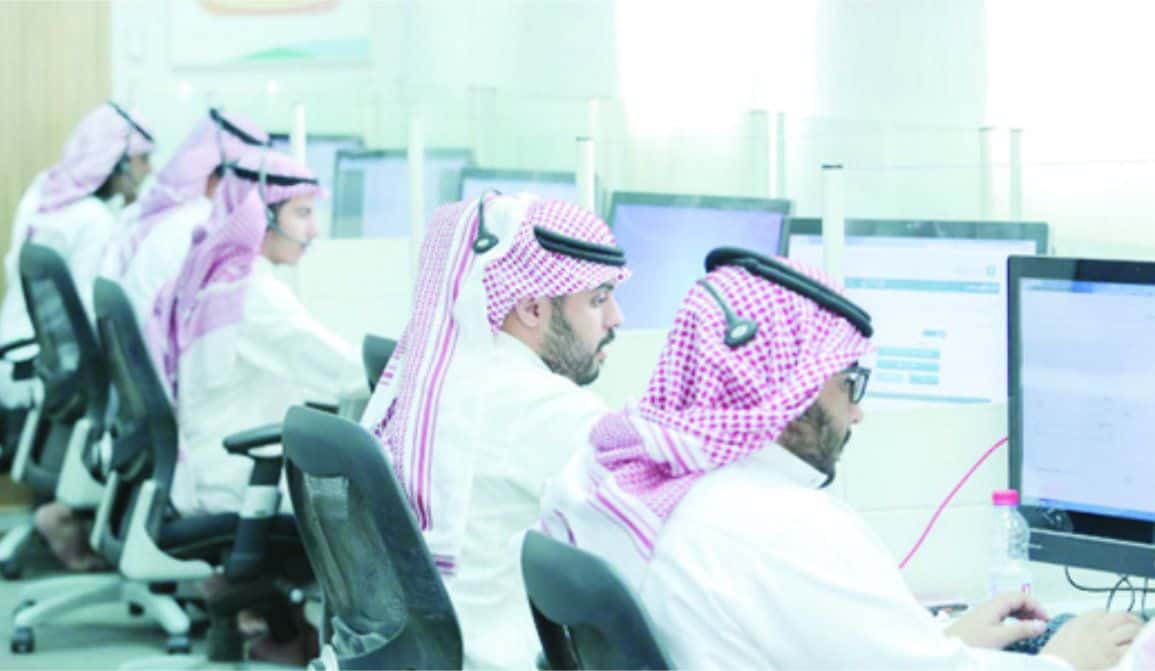DUBAI, UAE — The hiring process in the GCC has shifted slightly in terms of salaries and required skills after the decreasing impact of COVID-19 on economies and businesses.
Adaptability has emerged as a top priority for businesses in the GCC, and as a result, hybrid work arrangements have quickly become the standard. As a result, companies had to re-evaluate their approaches to attracting top personnel as the need for more flexible schedules increased.
For the same reason, professionals will need to review and update their abilities to remain competitive in the job market now that remote work is becoming increasingly commonplace, according to Hays Salary Guides.
At the same time, GCC residents expect salary growth in 2023 due to rising inflation.
Both workers plotting out their futures in the workforce and employers pursuing their goals must have a firm grasp of the current environment, the Hays report said.
UAE professionals
Over eight in 10 UAE professionals (86 percent) remain optimistic about the market, according to a survey titled “Career Aspirations in the MENA” conducted by Bayt.com.
The survey showed that 67 percent of UAE residents have aspirations related to their professional lives, such as changing careers (66 percent), expanding their skill set (46 percent), and increasing their income (44 percent).
More than seven in ten respondents (72 percent) think they are qualified for a higher-level position, and nearly half (45 percent) are open to switching to a different department or field of expertise to advance their careers.
Moreover, 37 percent of UAE respondents have expressed an interest in switching careers entirely.
Interestingly, the majority of respondents (52 percent), rather than the minority (28 percent), would work for someone else rather than run their firm.
Sixty-nine percent of respondents cited a desire to constantly learn and gain experience as a motivating factor in their job search in the UAE.
Saudi Arabia
Employment opportunities in Saudi Arabia remained robust in 2021, especially compared to other global economies, due to continued project development and government investment per Saudi Vision 2030, according to a report titled: “Saudi Arabia Salary Guide 2022”.
The report by Hays revealed that hiring activity surged in the second half of 2021, surpassing levels seen before the pandemic. Forty-three percent of businesses that participated in the Hays survey reported an increase in staff in 2021, around 29 percent from 2020 and 41 percent in 2019.
While all sectors have been busier regarding hiring year-on-year, Construction & Real Estate, Technology, Banking, Consulting, Manufacturing, and Logistics have been the most active. Hays expects these sectors to increase further in activity throughout 2022.
Although Jeddah, Al Khobar, Dammam, and the many giga-projects provide numerous prospects for employment, Riyadh continues to offer the most considerable number of jobs as the principal hub for business in Saudi Arabia.
The Saudi labor market in 2022 is expected to see significant growth. More than three-quarters (78 percent) of participating businesses are optimistic about the future of their company and anticipate an increase in activity over the next 12 months, compared to just 52 percent in 2020 and 61 percent in 2019.
When asked about recruiting intentions for 2022, 80 percent of companies want to expand headcount in their firm, which is again, a significant boost on the 63 percent who said the same the prior year and compares favorably to the 70 percent of UAE-based employers who expect headcount to increase.








